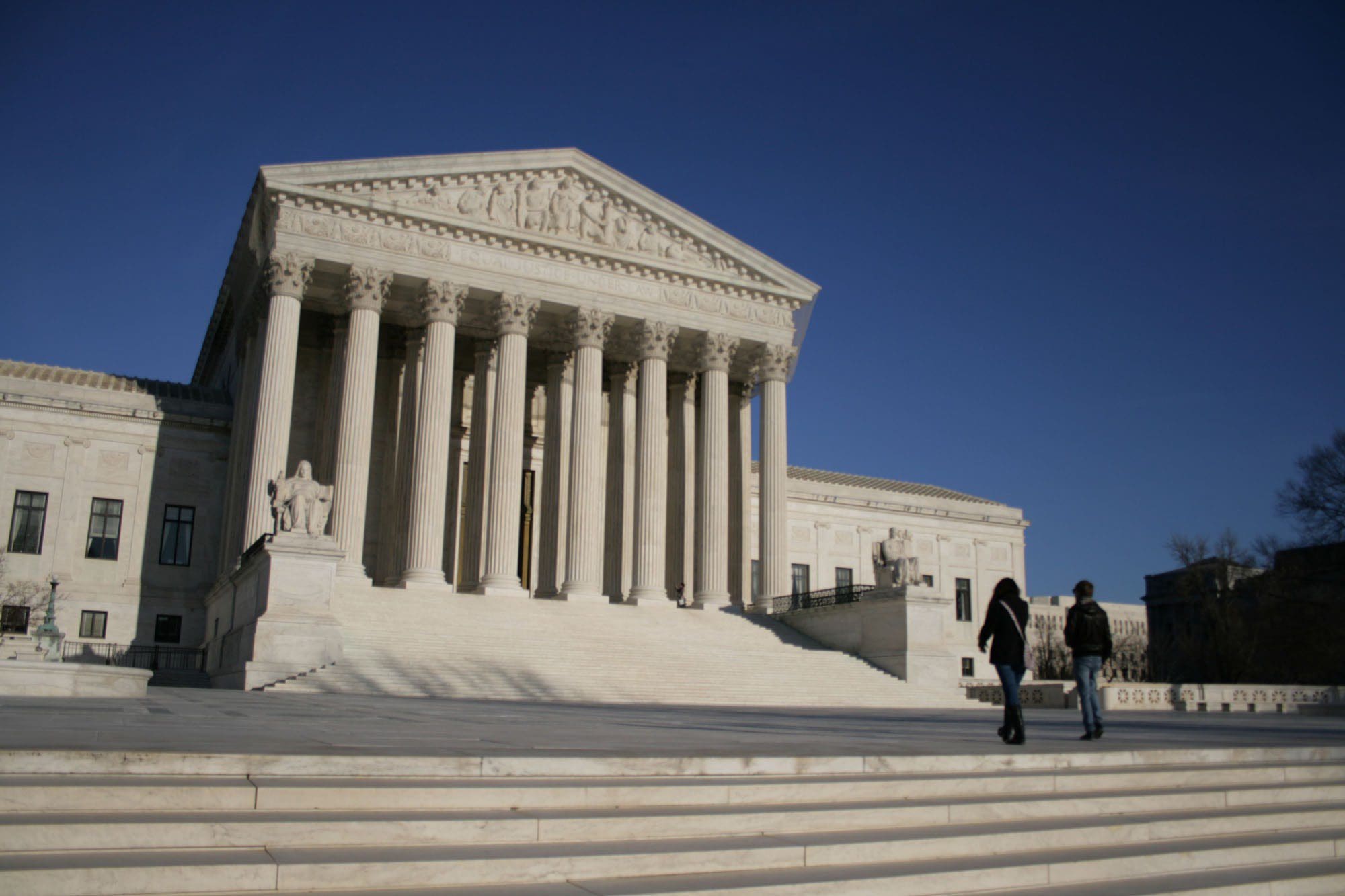
Supreme Court Showdown On Birthright Citizenship: Contentious Issue Heads To Judiciary
An in-depth analysis of the upcoming Supreme Court case that could have major implications for American citizenship law.
The Supreme Court is set to hear oral arguments in a case that could have major implications for American citizenship law. Texas v. United States challenges the constitutionality of birthright citizenship, which is the principle that anyone born in the United States is a citizen of the United States, regardless of their parents' citizenship or immigration status.
The case was brought by the state of Texas, which argues that birthright citizenship is unconstitutional because it violates the Equal Protection Clause of the Fourteenth Amendment. The Fourteenth Amendment states that "No State shall... deny to any person within its jurisdiction the equal protection of the laws." Texas argues that birthright citizenship gives an unfair advantage to children of undocumented immigrants, who are more likely to be poor and less likely to speak English.
The Trump administration has sided with Texas in the case, arguing that birthright citizenship is not required by the Constitution and that it can be revoked by Congress.
Opponents of the lawsuit argue that birthright citizenship is a fundamental right that has been recognized for centuries. They also argue that revoking birthright citizenship would be a cruel and unusual punishment for children who have done nothing wrong.
The Supreme Court's decision in Texas v. United States could have a major impact on American citizenship law. If the Court strikes down birthright citizenship, it would be a major victory for the Trump administration and would likely lead to a decrease in the number of undocumented immigrants in the United States.
The Arguments For and Against Birthright Citizenship
There are a number of arguments for and against birthright citizenship. Supporters of birthright citizenship argue that it is a fundamental right that has been recognized for centuries. They also argue that it is in the best interests of the United States to have a diverse and inclusive population.
Opponents of birthright citizenship argue that it is unfair to give citizenship to children of undocumented immigrants. They also argue that it can lead to problems such as overcrowding and crime.
The Supreme Court's Decision
The Supreme Court is expected to issue a decision in Texas v. United States by the end of June. The Court's decision will likely have a major impact on American citizenship law.
If the Court strikes down birthright citizenship, it would be a major victory for the Trump administration and would likely lead to a decrease in the number of undocumented immigrants in the United States.
If the Court upholds birthright citizenship, it would be a major victory for immigrant rights advocates and would likely lead to an increase in the number of undocumented immigrants in the United States.
The Broader Implications of the Supreme Court's Decision
The Supreme Court's decision in Texas v. United States will have a major impact on American citizenship law. It will also have a broader impact on the country's immigration policy and its relationship with its immigrant population.
If the Court strikes down birthright citizenship, it would send a message that the United States is not a welcoming country for immigrants. It would also make it more difficult for undocumented immigrants to become citizens and would likely lead to an increase in the number of undocumented immigrants in the United States.
If the Court upholds birthright citizenship, it would send a message that the United States is a welcoming country for immigrants. It would also make it easier for undocumented immigrants to become citizens and would likely lead to a decrease in the number of undocumented immigrants in the United States.
The Supreme Court's decision in Texas v. United States will have a profound impact on the United States for generations to come.
Conclusion
The Supreme Court's upcoming decision in Texas v. United States is one of the most important cases in recent history. The Court's decision will have a major impact on American citizenship law and on the country's immigration policy.
The arguments for and against birthright citizenship are complex and there is no easy answer. The Supreme Court will have to weigh all of the arguments carefully before making a decision.
The Court's decision will have a profound impact on the United States for generations to come.
